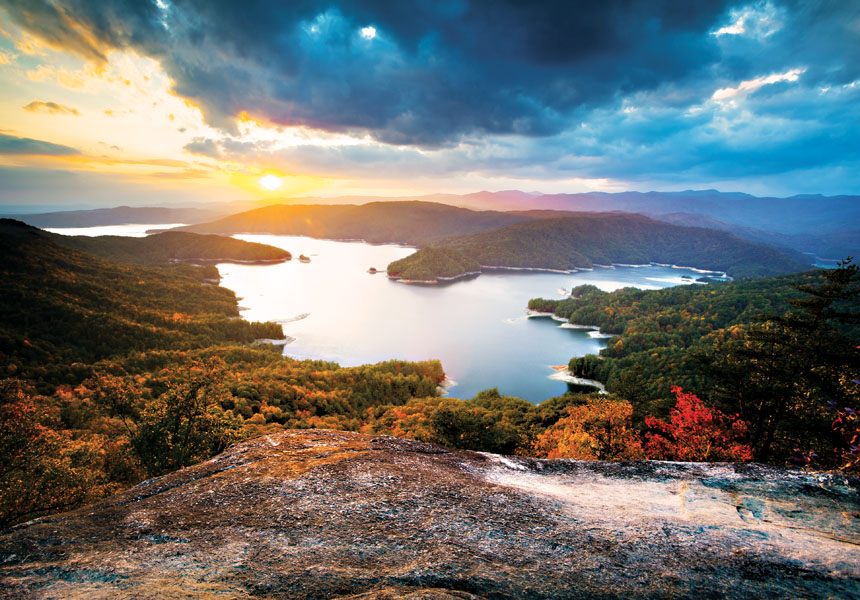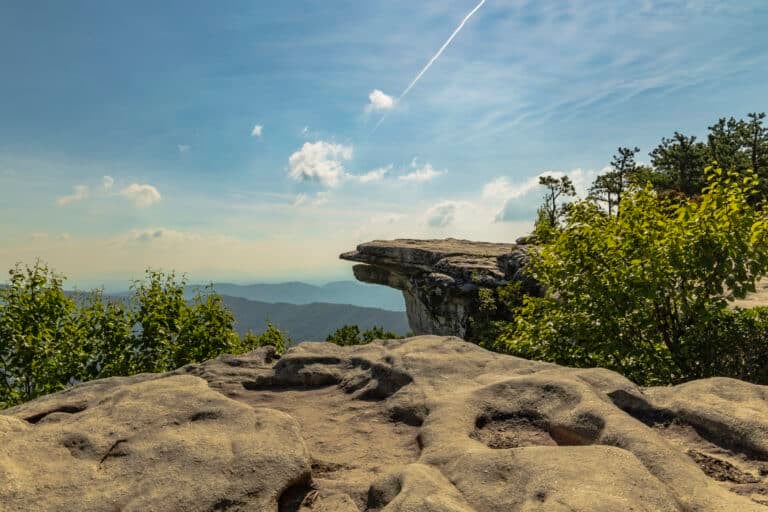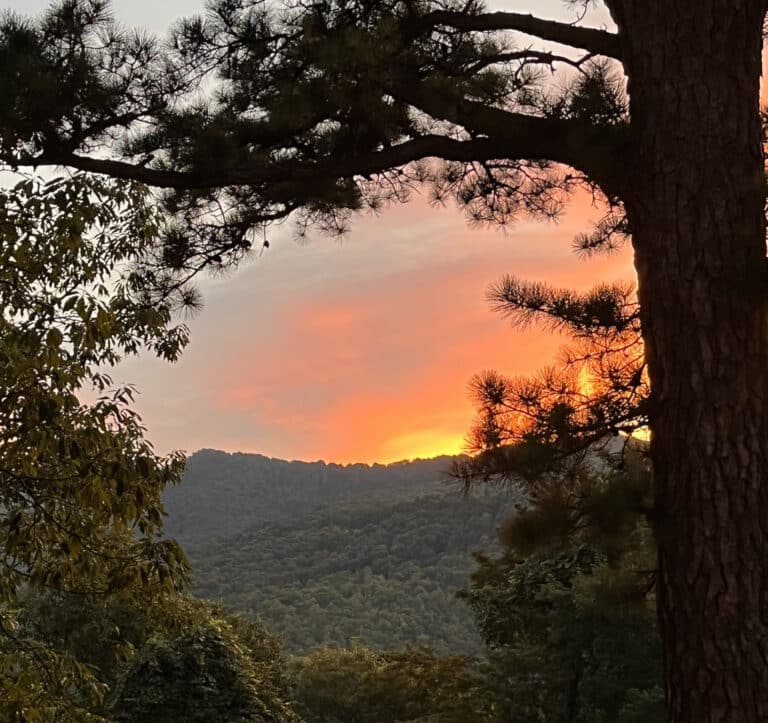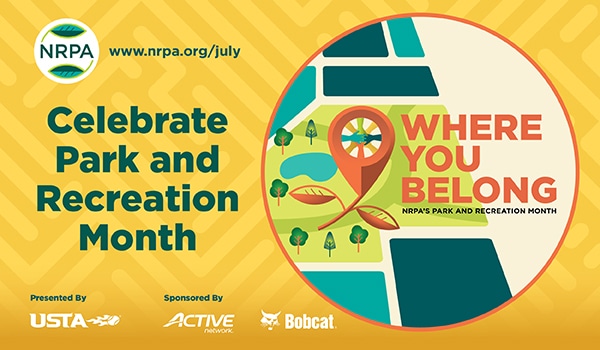Dan Ashe is at war. As Director of the U.S. Fish & Wildlife Service, he has been on the frontlines for control of America’s public lands. That battle reached a radical new tipping point earlier this year when a mob of armed militants seized the Malheur National Wildlife Refuge in rural Oregon that falls under Ashe’s jurisdiction. Even as an inherent optimist, Ashe had difficulty suppressing his outrage over the occupation.
“I was angry. I was angry because Ammon Bundy and his cohorts were walking around the community, going to the Safeway and buying supplies and going to church on Sunday, and I wanted them in jail,” Ashe said in July. “But I tip my hat to the FBI. Their whole strategy was to ignore them. They said, ‘They’re way out there at the refuge, and we know that means a lot to you, but they’re isolated and they can’t really do any damage. We’re just going to ignore them and all the press is going to go away and they’re going to get frustrated.’ And they were right.
“It was tragic that LaVoy Finicum was killed, but when you think about the loss of life that could have occurred, it could have ended a lot worse.”
On the grand scale, of course, nothing has ended. And Ashe recognizes that all too well. Many Republican lawmakers have joined the armed militants in calling for the transfer of public lands out of federal ownership.
Beyond the cascade of death threats to Oregon State Troopers, FBI, and federal officials in retaliation to Finicum’s death (he was shot by State Police when he ran a road block), beyond the blow to employee morale that left half the Malheur NWF workforce desiring to leave, and beyond even William Keebler’s thwarted attempt to blow up a Bureau of Land Management facility near Finicum’s grazing allotment in northwest Arizona, this most explosive manifestation of the public lands takeover effort to date is just another in a series of historic attempts to wrestle away the wild, open spaces initially set aside for the benefit and use of all Americans.
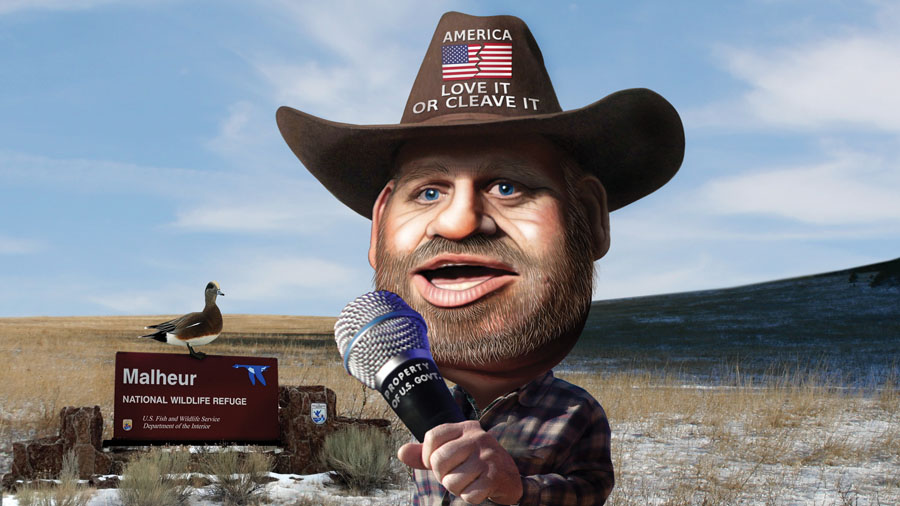
“This is an ideology and they are waging a campaign. They know what they’re doing,” Ashe said. “It’s closely related to this effort to divest millions of acres from the federal estate. And it’s not about giving it to the states so the states can be better managers of a recreational resource. It’s about converting that land and that resource to capital, to profit. So the [outdoors and conservation] community needs to recognize that. We have to get smarter. We have to have a better strategy than they have. Because right now, they’re winning. They’re doing what the conservation community used to do well—they’re putting together a long ground game, and they are changing the minds of voters on this issue. We have to get back to those basics. We have to be better at it than they are.”
It does remain rare to see the fight over America’s public lands played out so vividly on the ground. The political arena has historically served as the battleground for well-funded special interest groups orchestrating attempts to usurp millions of acres of primarily Western lands managed by the U.S. Forest Service, Bureau of Land Management, National Park Service, and U.S. Fish & Wildlife Service.
Those politics have become increasingly evident as the push recently has made its way eastward, with nine state legislatures east of the Mississippi adopting language crafted by the shadowy American Legislative Exchange Council to pass, or attempt to pass, resolutions expressing support for the transfer of public lands out of federal ownership.
On a national scale, groups like the American Lands Council, run by Utah state Rep. Ken Ivory and Montana state Sen. Jennifer Fielder, and the congressional Federal Land Action Group created by U.S. House Natural Resources Committee Chairman Rob Bishop and fellow Utah Rep. Chris Stewart, have been chipping away at more than a century of responsible American stewardship with a combination of legislation attempts and erosion of public support by confusing the issue for voters.
Echoing the voices of militants in Oregon, Bishop says his group is working to “return these lands back to the rightful owners”—by taking them away from the American people.
In July, the Republican National Committee upped the ante by approving a Party Platform that endorses the disposal of federal public lands, saying, “Congress shall immediately pass universal legislation providing for a timely and orderly mechanism requiring the federal government to convey certain federally controlled public lands to states. We call upon all national and state leaders and representatives to exert their utmost power and influence to urge the transfer of those lands.”
If federal lands are transferred to states, they can more readily be sold or used by private and commercial interests.
In addition to 10 states in the intermountain West and Alaska, anti-public land state legislators in Arkansas, Georgia, Missouri, New Hampshire, Ohio, South Carolina, Tennessee and Virginia have jumped on board by crafting resolutions supporting the idea that our public lands should be turned over to the states. The potential transfer of some of the East’s most popular national public lands—the Blue Ridge Parkway, Great Smoky Mountain National Park, the Appalachian National Scenic Trail—along with vulnerable U.S. wildlife refuges and treasured national forests is growing incrementally closer to reality.
Nothing is outside the realm of this movement.
Bills still lingering in the U.S. House of Representatives introduced by Republican congressmen from Idaho and Alaska attempt to carve off up to 4 million acres of national forest per state, granting “advisory councils” comprised of county officials and extraction industries control over how our now public lands are managed. Just last summer, Bishop and fellow Utah Rep. Jason Chaffetz also attempted to slip amendments into bills that would have defunded law enforcement programs of the U.S. Forest Service (and BLM) and disposed of the popular Vieques National Wildlife Refuge in Puerto Rico. The amendments were ultimately removed.
The reality of the Republican platform, combined with the barrage of Republican-sponsored bills or amendments attempting to undercut protections for public lands in recent years, make it difficult not to frame this as a partisan issue. It isn’t, at least not uniformly. Despite the exclusive support of Republican lawmakers, voters from the party of Teddy Roosevelt have traditionally seen eye-to-eye with Democrats in their opposition to public land transfers. Public opinion nationwide has shown overwhelming support for conservation of national parks and public lands through the years, along with high opinions of federal land management agencies.
Without a sustained counter-attack, however, folks like Ashe worry that the physical representation of 240 years of American democracy could disappear in a blink. And Republican land managers like Jim Caswell, Director of the BLM for 8 years under George W. Bush and a former National Forest supervisor in Idaho, agree.
“I said, ‘It will never happen,’ for a long time, but now I’m not so sure,” Caswell said of the takeover attempts. “We’ve lost our public support. We’ve lost our constituency. People do not go to battle for us anymore.”
More likely, that constituency has merely been misplaced as much of the voting public fails to recognize just what’s at stake. The 640 million acres of federally administered lands owned by the people, for the people, are managed for a variety of uses, ranging from livestock grazing and resource extraction to outdoor recreational opportunities like camping, hiking, biking, hunting, fishing, boating, skiing—even gatherings like the Burning Man festival.
According to the Outdoor Industry Association, America’s public lands serve as the foundation of a $646 billion annual outdoor recreation economy, with 6.1 million Americans relying on the outdoor industry for employment. More than $80 million in annual tax revenue is spread among communities across the country, including about $1 million in northern Nevada during the weeklong Burning Man. The event’s economic ripple measured between $55-60 million in 2015.
But rather than sustain the long-term economic benefits of federal lands, many state governments would rather sell national forests and parks through timber sales, mining, and outright transfer of public land to private and commerical interests. Idaho, for example, has sold off more than 1.7 million acres (41 percent) of the 4.2 million given to it by Congress at statehood. That’s an area roughly equal to the entire George Washington-Jefferson National Forest system liquidated to big corporations and other wealthy private interests.
Economic analysis by multiple universities shows that the financial burden placed on states attempting to manage millions more acres of land transferred from federal agencies is likely to result in significant deficits, demanding more selloffs. Rest assured it won’t be a group of disgruntled cowboys buying up that property—or even Wilderness-restricted mountain bikers, for that matter. But like the rest of America, they’ve all got skin in the game.
“If we lose our public lands heritage, we’ve lost a lot for a long, long time,” Caswell said. “We have to keep them public. They are worth fighting for.”
